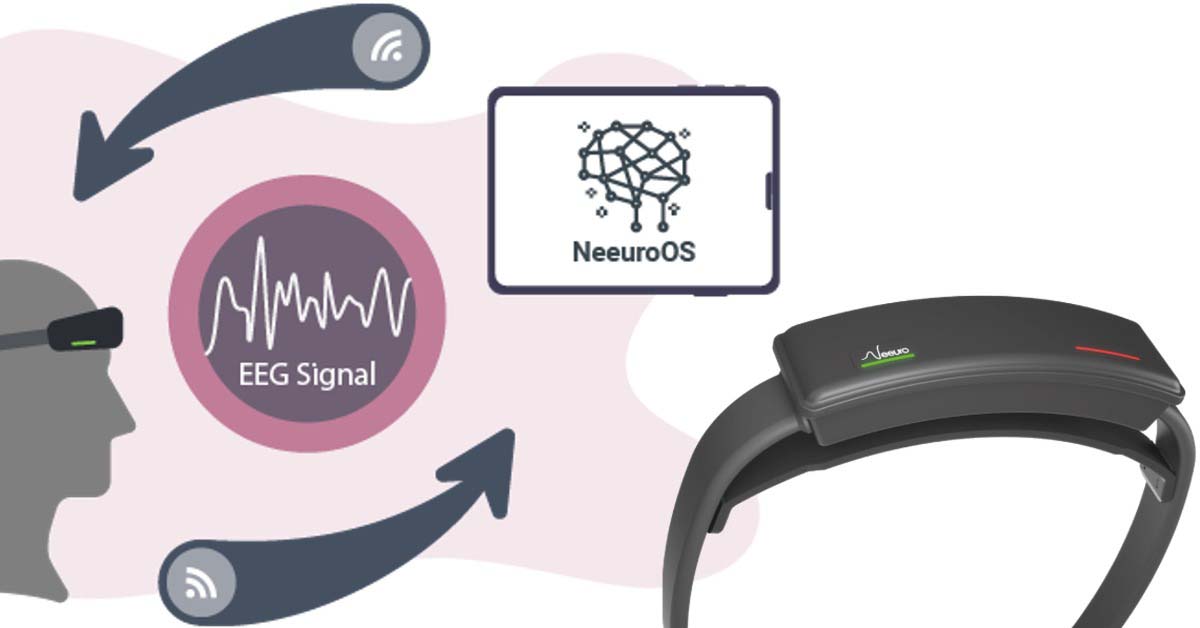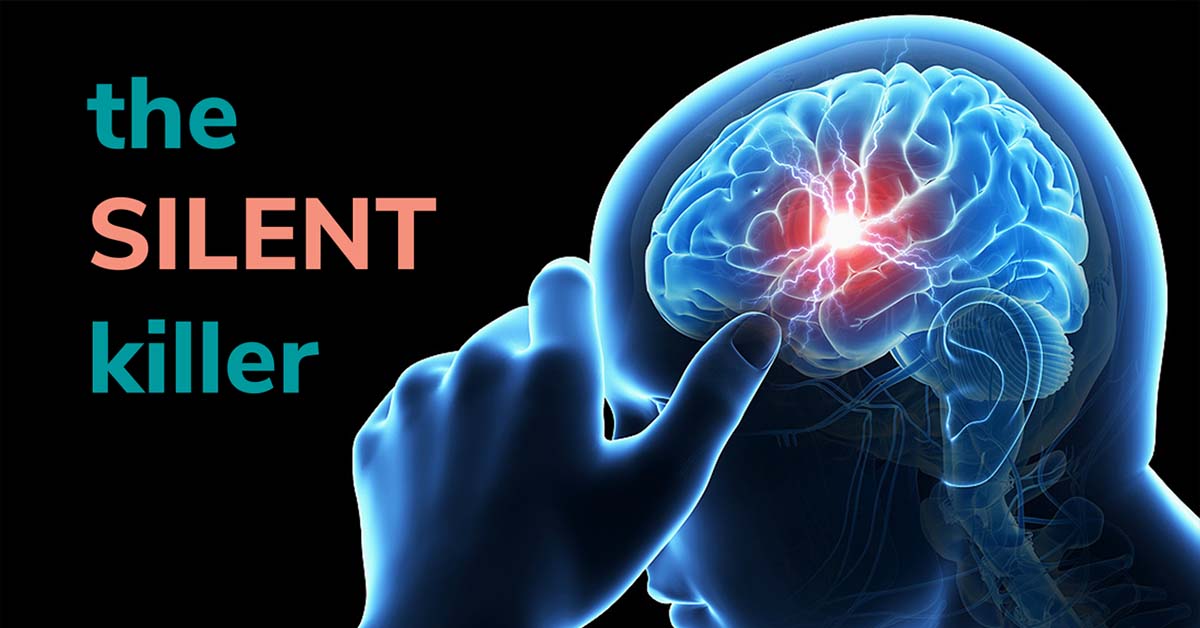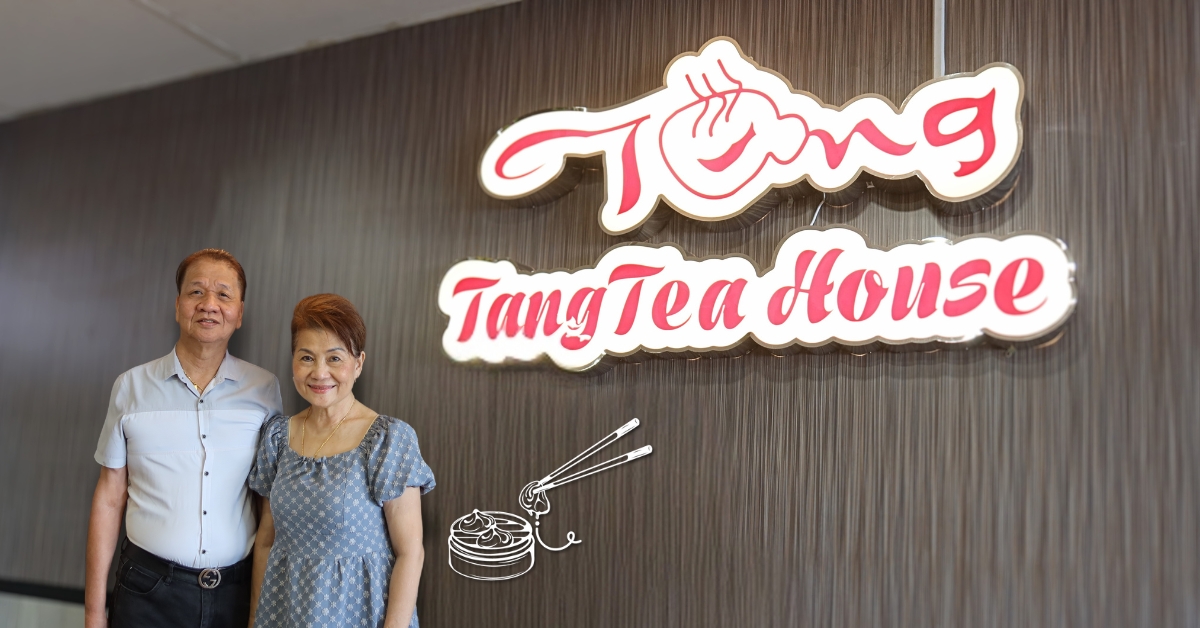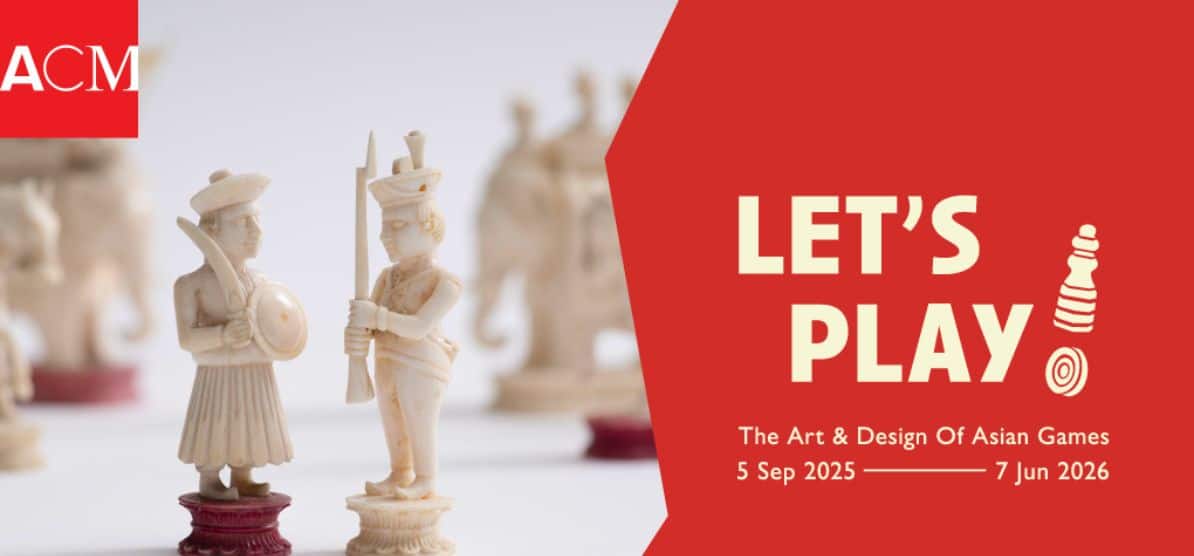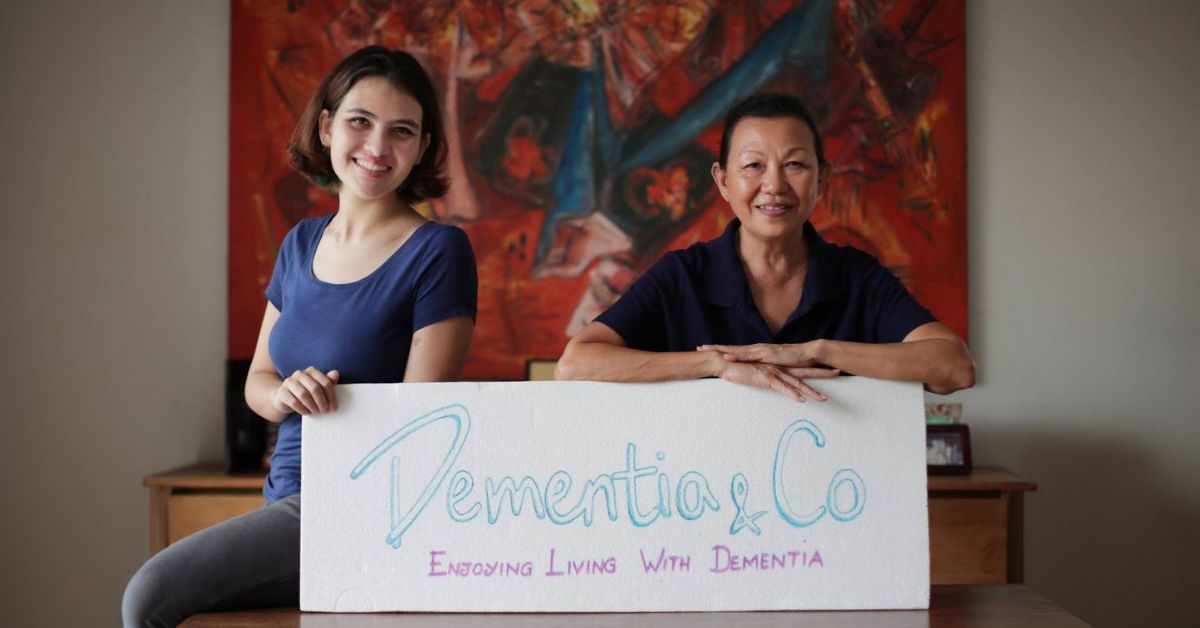
"Looking back, I realise that all this was caused by the shock. And because I wasn’t exercising, I developed back and neck problems."
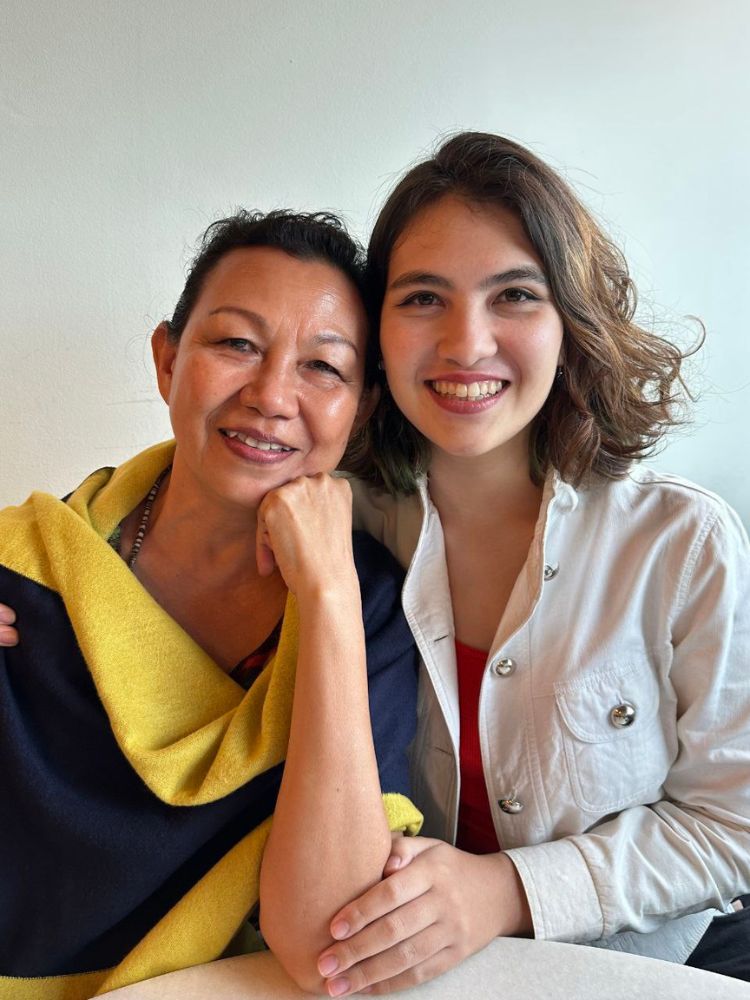
"After that, if I'm not in a good position, I’m prepared to go into a nursing home. And I began to prepare, plan, research the right information and professionals, taking part in dementia studies and programmes."
For young onset dementia, peer support is everything
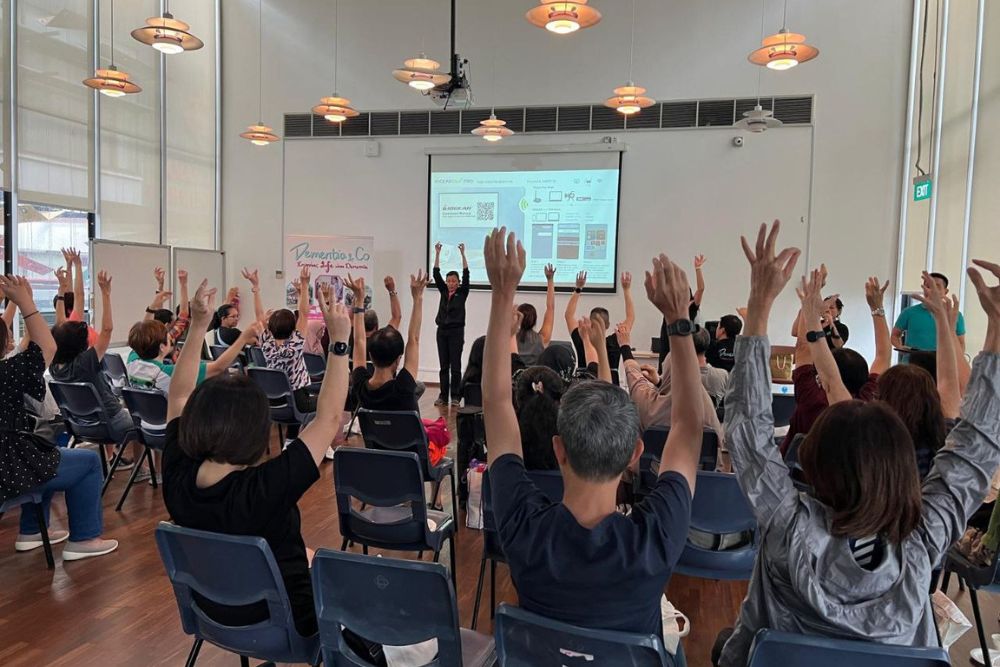
"I had no one to talk with who could understand the disease."
"She would allow me to speak my mind, explain my situation – I felt heard. This was so important – and that's what we do today with the groups that we organise. Everyone talks, listens and supports each other because everyone is experiencing the condition in some way. We are all learning from each other."
"I myself had wanted to learn more about the condition and the brain. So every time I had a checkup, I would 'stalk' people who seemed like they had dementia, especially YOD. I would begin a conversation and make friends."
"Surprisingly, they would accept my invitation to come to my home. It began with one couple, one family, and then a couple more, and then a couple more. Our home became the centre where people could speak openly and learn from each other about our journeys. The conversations were deep and often emotional."
"Because I was learning a lot from research programmes and experts here and overseas, I could share very current findings and information which neurologists sometimes have no time to tell patients. All this built a deep trust, so from two people, today we have connected with more than 200 families."
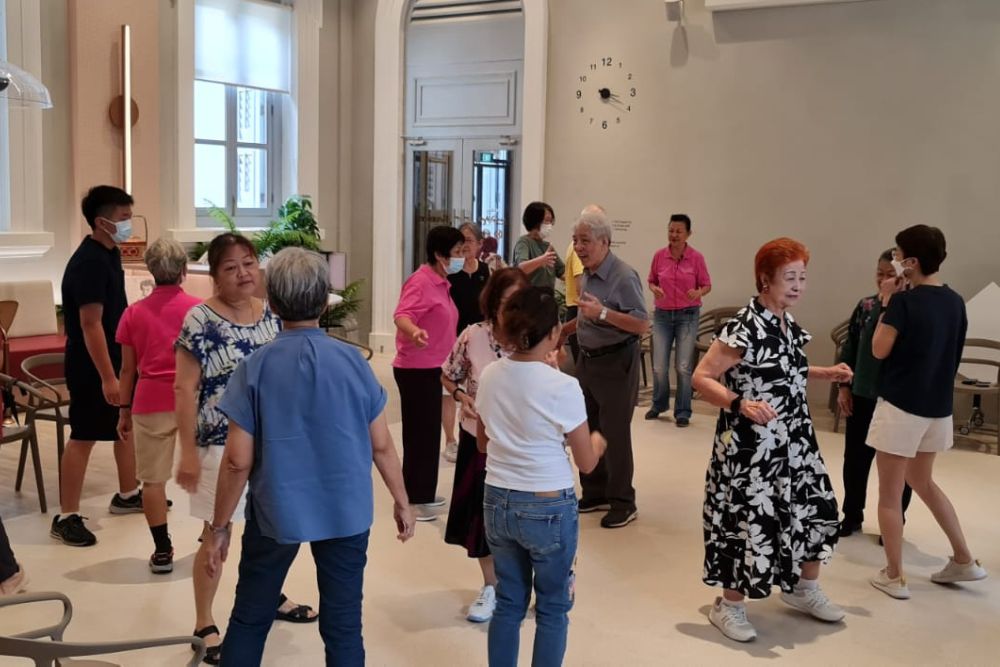
What is dementia?
-
Alzheimer’s disease:
A progressive, degenerative illness that destroys the nerve cells of the brain and causes the brain substance to shrink. The cause of Alzheimer’s disease is not fully understood, but genetic factors play a role in increasing the risk. Signs include short term memory, changes in judgment, reasoning and inability to perform daily tasks.
-
Vascular dementia:
Caused by a series of small strokes that negatively affect blood circulation to the brain. Unlike Alzheimer’s disease, vascular dementia is preventable. Signs include changes in attention span, ability to plan and behaviour.
-
Young Onset Dementia (YOD):
There is an increasing number of patients with YOD. This refers to patients diagnosed before they are 65. The increase could be due to greater awareness, and the higher prevalence of vascular risk factors such as hypertension and diabetes.
-
Primary Progressive Aphasia (PPA):
A type of dementia that mostly affects people in their 50s and 60s. It affects the frontal lobes of the brain which are involved in speech and language.
Running against time with young onset dementia
"This was against everything that we at Dementia & Co are promoting. We cannot allow this to happen. This is what I want to tell the world: don’t leave us alone because we can no longer communicate as we used to. If you do, we’re going to be sad, lonely, angry – feeling all kinds of negative emotions that will wear us down. People living with dementia must be allowed to communicate and express themselves however they can, to feel encouraged to share their emotions. Society must make the effort to understand these alternative forms of communication."
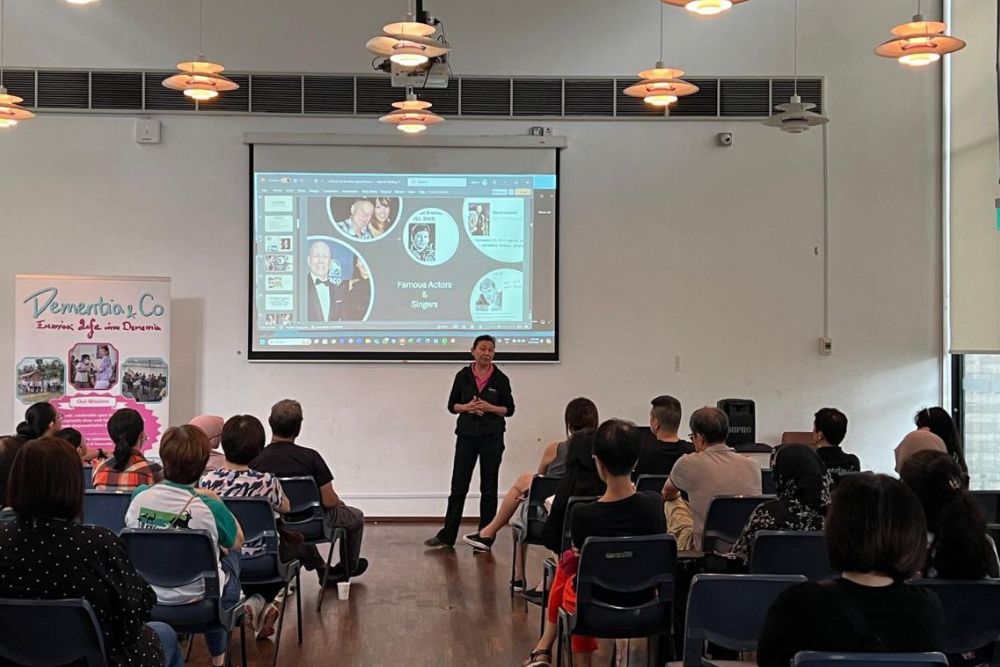
"When the time comes when I cannot talk anymore, I know — because we’ve discussed it — that Jamie will know to look at me, wait for me to look back at her, read the signals. We are already creating a language of hands, eyes and touch."

